Keywords: Events
There are more than 200 results, only the first 200 are displayed here.
-
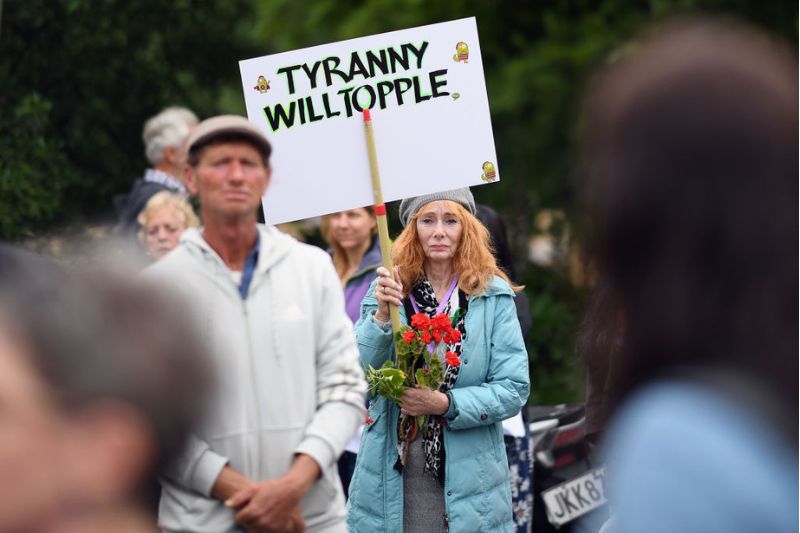
AUSTRALIA
- Andrew Hamilton
- 06 October 2022
1 Comment
Governments have, with little opposition, passed laws that privilege individual choice on issues related to abortion, contraception, gender equality and marriage. If we regard unrestrained individual choice as the fullest expression of human development, we shall necessarily relativise and erode social bonds.
READ MORE 
-
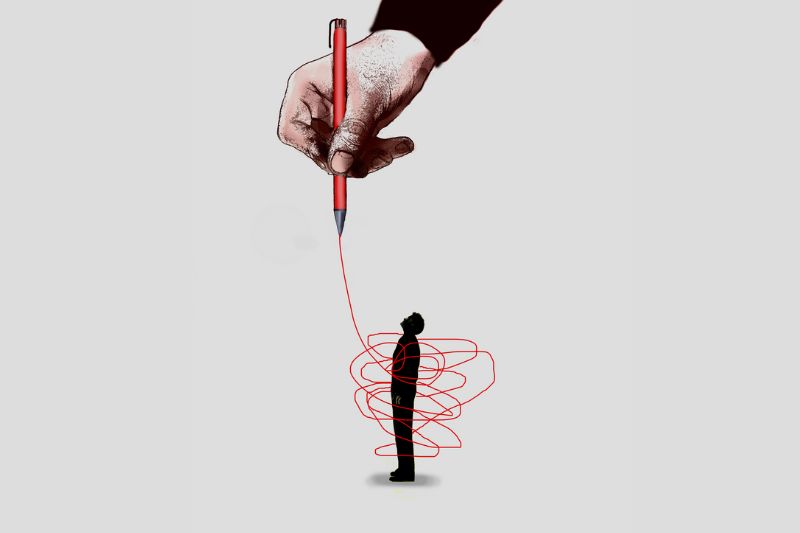
AUSTRALIA
- Andrew Hamilton
- 29 September 2022
8 Comments
Recently many people have expressed disquiet about the trend to authoritarian rule throughout the world. They have good reason for doing so. In the world we are entering, the freedom of citizens in the State depends on the will of Governments that will have no enforceable obstacle to withdrawing such freedoms on suspicion of future misconduct and not just for punishment of past, proven misconduct.
READ MORE 
-
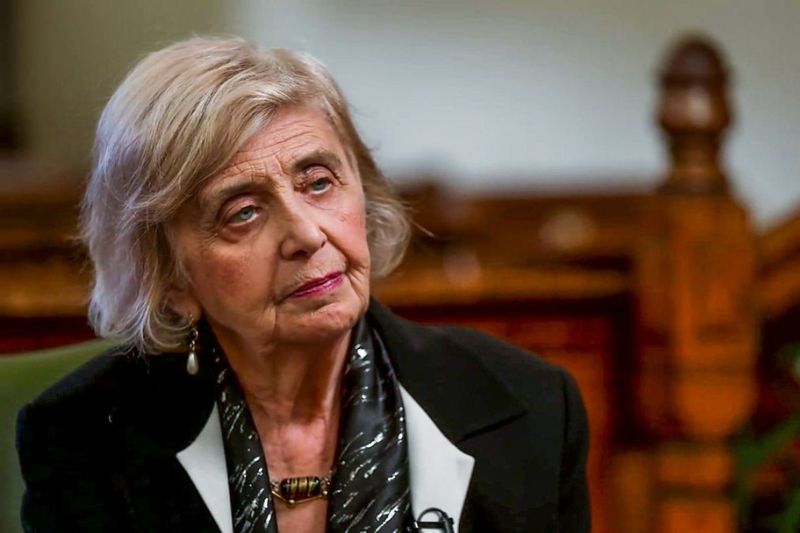
ARTS AND CULTURE
- Gillian Bouras
- 29 September 2022
5 Comments
Humans depend greatly on hope. In a recent interview, Tova Friedman discusses her book The Daughter of Auschwitz, the memoir of the part of her childhood spent in the eponymous and notorious concentration camp. Can someone who has seen first hand the depths of human depravity be at all hopeful about the future?
READ MORE 
-
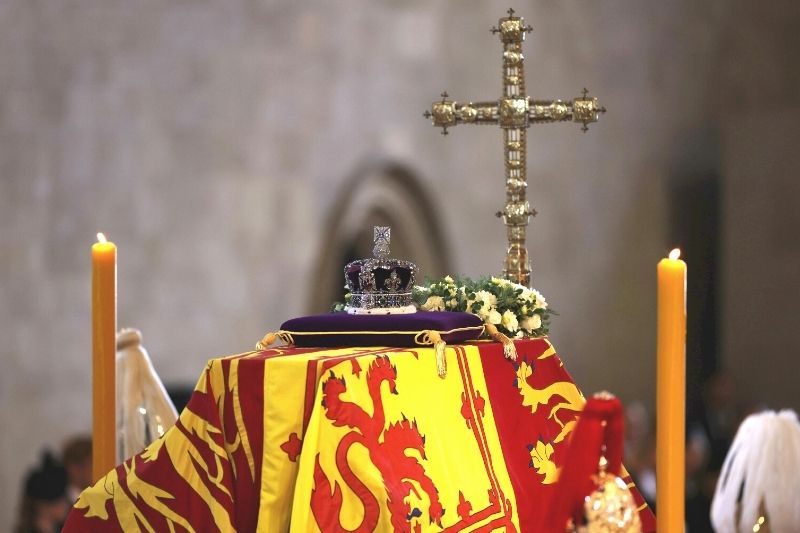
RELIGION
- Miles Pattenden
- 15 September 2022
4 Comments
The Queen’s life of overt public religion — which led her to become perhaps the twentieth century’s greatest Christian evangelist — was grounded in her conviction in the Gospels’ truth. And she interpreted Jesus’ story generously and ecumenically, broadening her role from the narrow Anglican identity of Supreme Governor of the Church of England to become an advocate by example for faiths of every kind.
READ MORE 
-
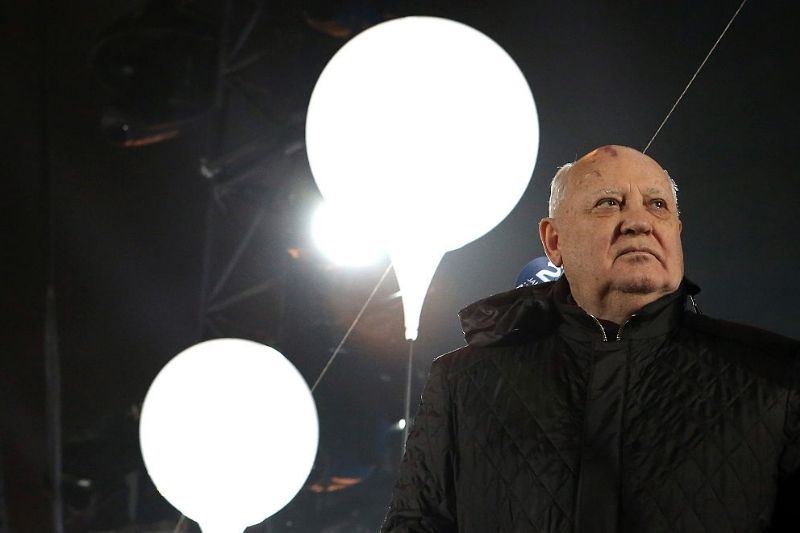
INTERNATIONAL
- Binoy Kampmark
- 08 September 2022
3 Comments
Greatness for the Soviet Union’s last leader, Mikhail Sergeyevich Gorbachev, was not to be found at home. Commentary on his passing is as much a statement of positions, endorsed by admiring beneficiaries, and loathed by those who fell off the train of history. The millions who delighted seeing the collapse of the Soviet Union and, as a result, a power vacuum and weaker Russia, toast him, eyes filled with emotion.
READ MORE 
-
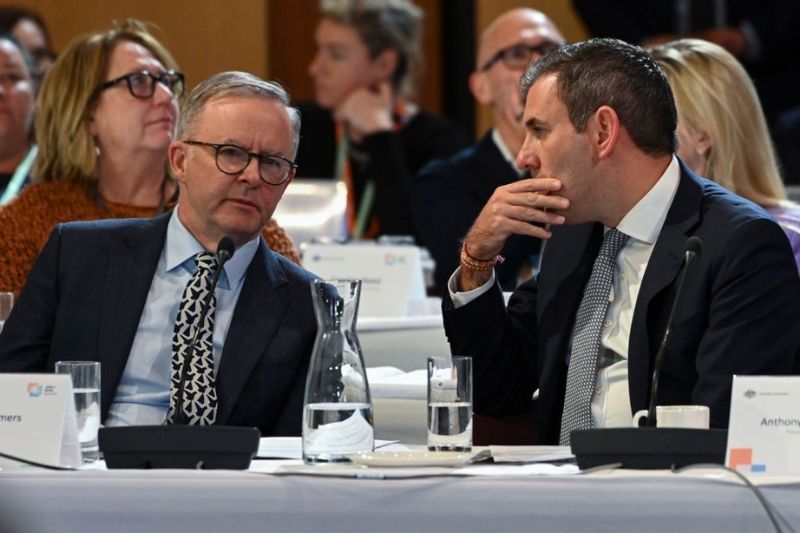
AUSTRALIA
- Andrew Hamilton
- 06 September 2022
3 Comments
The policy of the Labor Government can be described as steady as she goes. This does not mean that it will simply follow the policies of the previous government. Its reading is that the ship of state has been becalmed, responding haphazardly to the political winds with no sense of direction or destination. It had become the ship of fools. The new Government then has committed itself to show that there are captain on board and a competent, disciplined crew that can work together.
READ MORE 
-
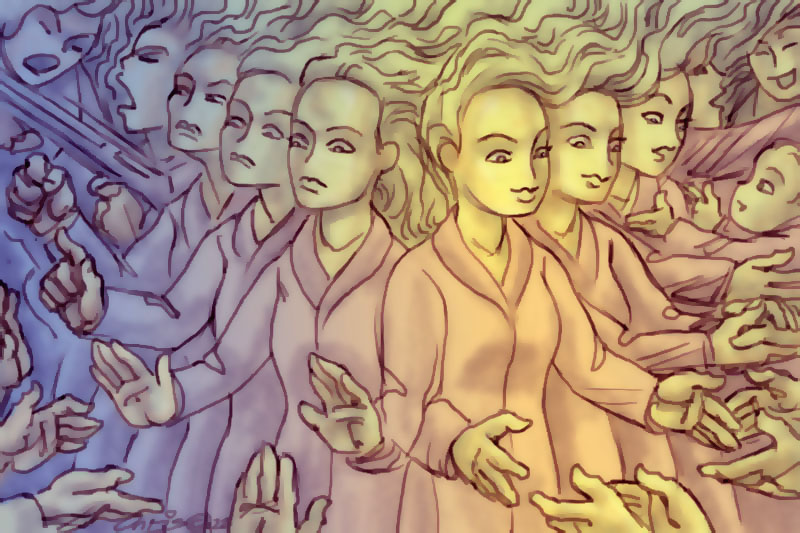
ARTS AND CULTURE
- Barry Gittins
- 05 September 2022
2 Comments
Philosopher George Santayana sagely pronounced, ‘Those who cannot remember the past are condemned to repeat it.’ Yet that repetition is part of being human. We are creatures of habit and don’t necessarily notice or learn from our thoughts and deeds. Nor do we necessarily want to be made aware of that lack of learning.
READ MORE 
-

ARTS AND CULTURE
- Gillian Bouras
- 02 September 2022
1 Comment
Australian cultural icon and erstwhile publisher Hilary McPhee calls Telltale ‘a rare thing, an ingenious memoir,’ and she is right. It is interesting and reassuring to note that books about reading and recollections of reading habits seem to be proliferating. Perhaps such writing is a defence measure against worrying developments like universities in England, for example, axing their English Literature courses.
READ MORE 
-
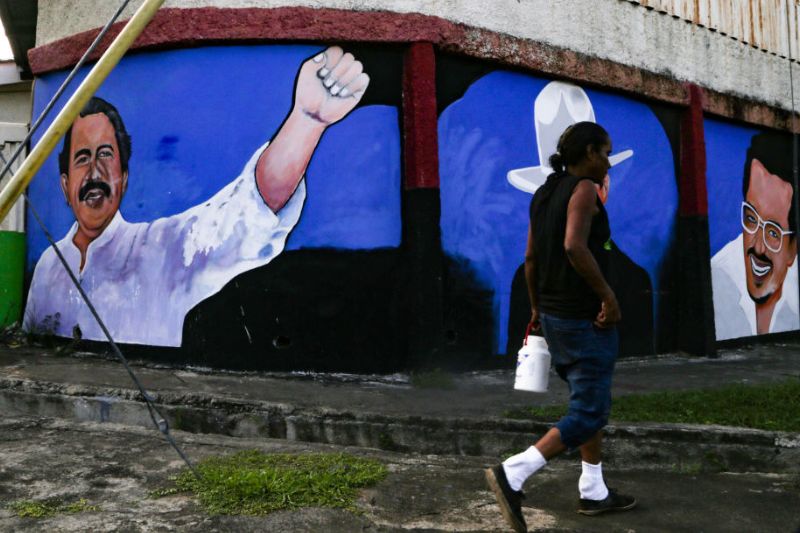
INTERNATIONAL
- Antonio Castillo
- 01 September 2022
2 Comments
In Nicaragua, Catholic priests and institutions are under siege. In the last five months, the Ortega regime has increased its persecution of the Church, accusing them of being ‘terrorists.’ The conflict has been further exacerbated by the detention of Bishop Rolando Álvarez, the most outspoken critic of Ortega. In less than four years, the Church has suffered 190 attacks, including a fire in the Cathedral of Managua. However, the crisis in Nicaragua is not as clear-cut as it might seem.
READ MORE 
-
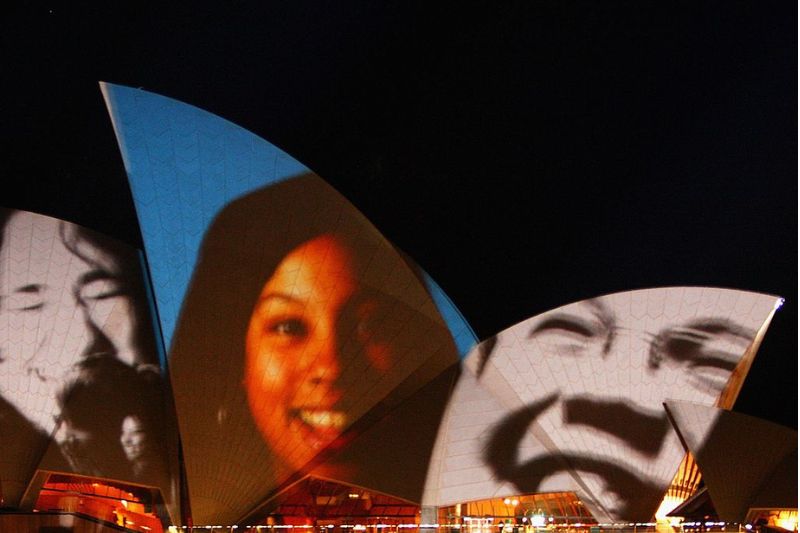
AUSTRALIA
- Andrew Hamilton
- 17 August 2022
4 Comments
Few Australians of Irish descent will now be familiar with this history and the experience that accompanied it. They would see themselves as simply Australian. But the emphasis on social justice, the recognition of the value of community, and the concern for people who are marginal that are communicated through Catholic schools and the sympathy with the underdog owe much to the Irish heritage.
READ MORE 
-

ARTS AND CULTURE
- Barry Gittins
- 12 August 2022
Journalist and author Elle Hardy spent 15 months researching and writing her 2021 work Beyond Belief: How Pentecostal Christianity is Taking Over the World. She notes the estimation that by 2050, one billion people around the world (one in 10 humans) will be a Pentecostal follower of Jesus (and their pastor).
READ MORE 
-
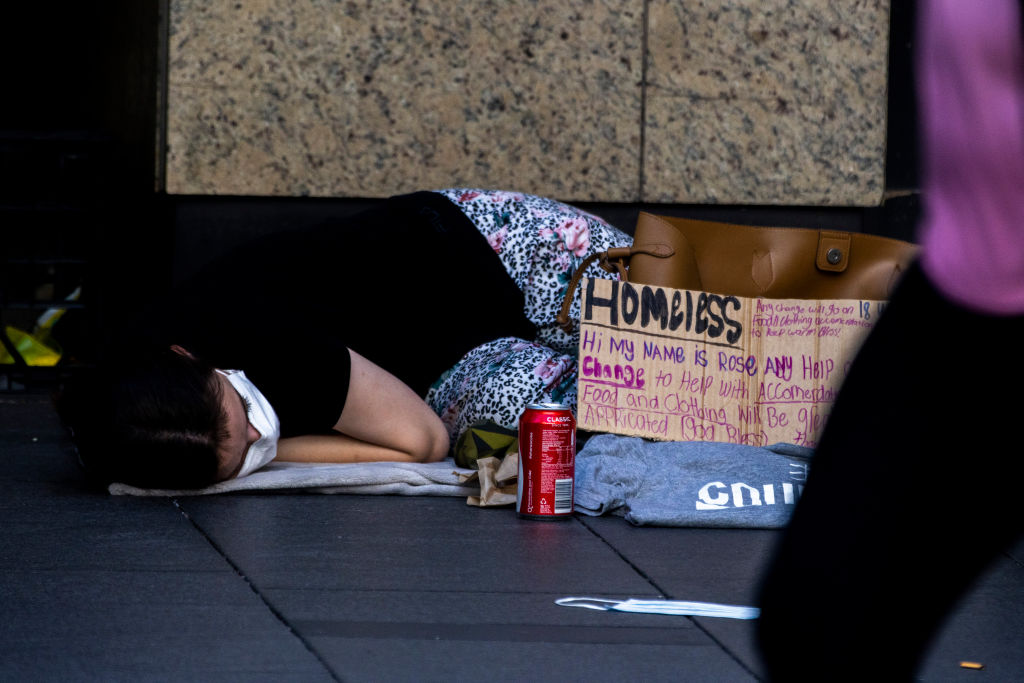
AUSTRALIA
- Andrew Hamilton
- 04 August 2022
8 Comments
It is easy to view homelessness from a distance as only a failure of economic policy and of the political responsibility to deliver material goods. A home, however, is more than a house. It connotes connections that are central to humanity. Left without a home people are deprived of more than bricks and mortar; they are diminished in their humanity.
READ MORE 